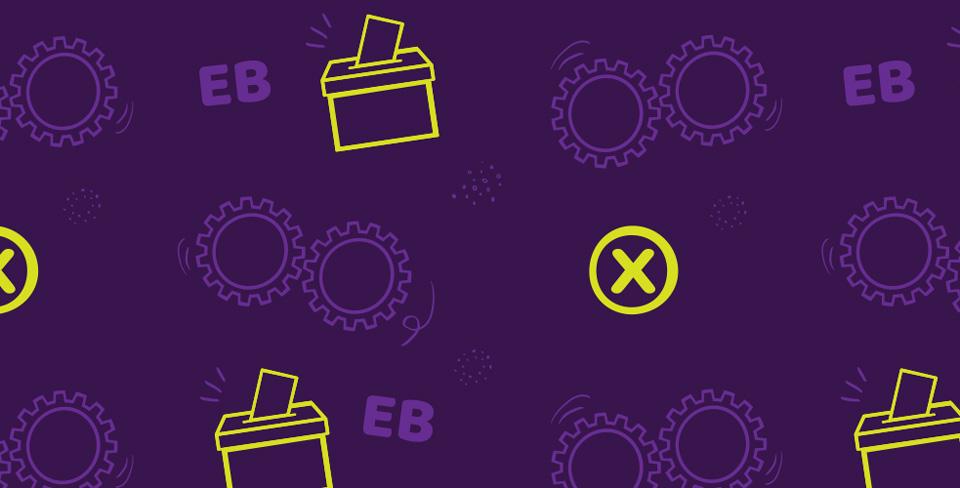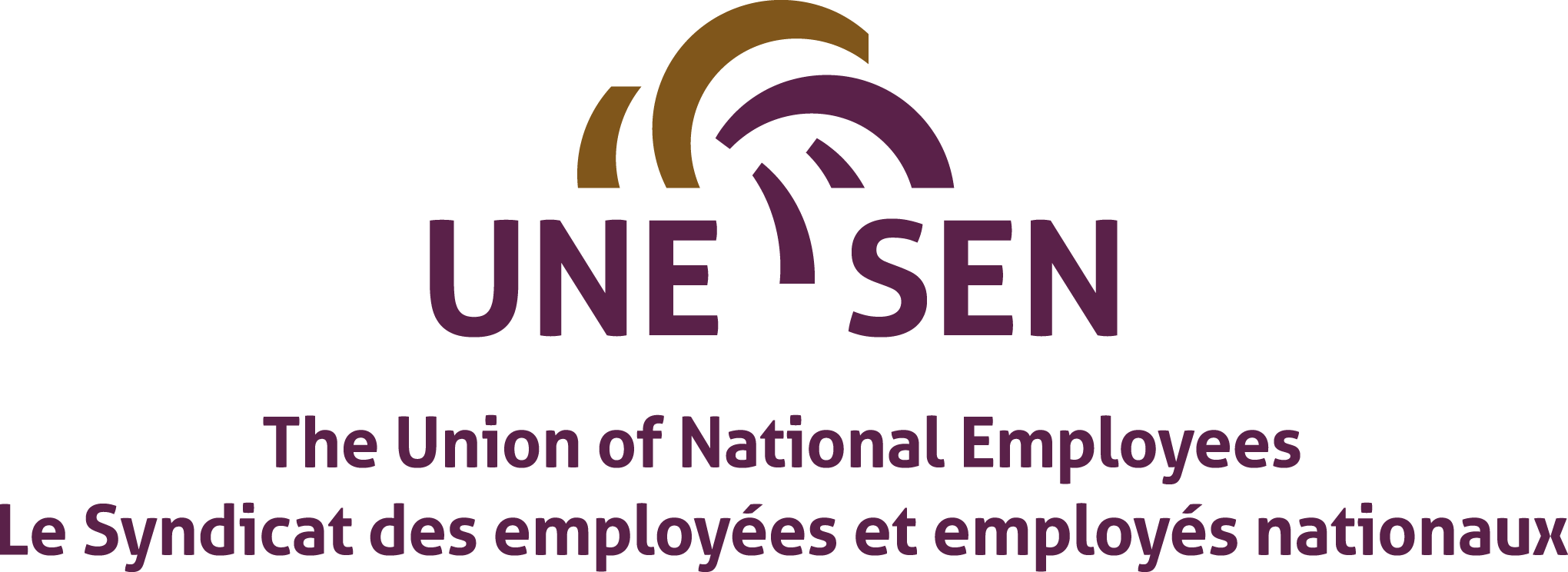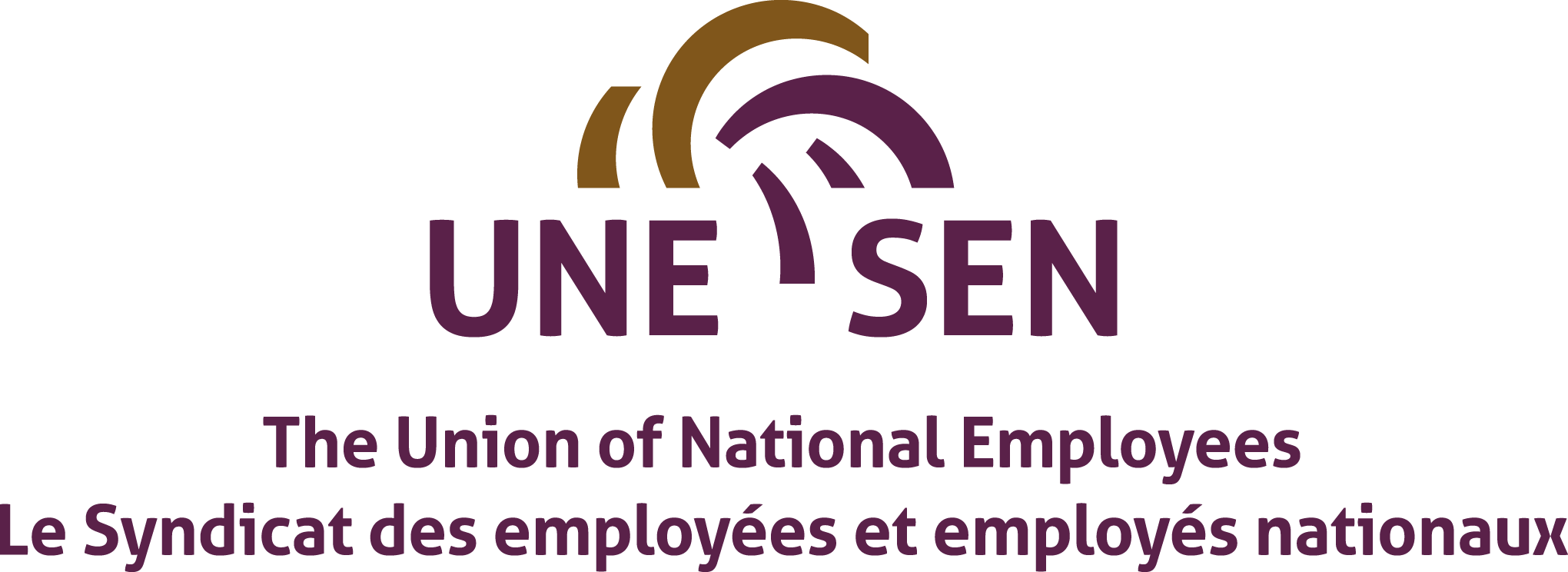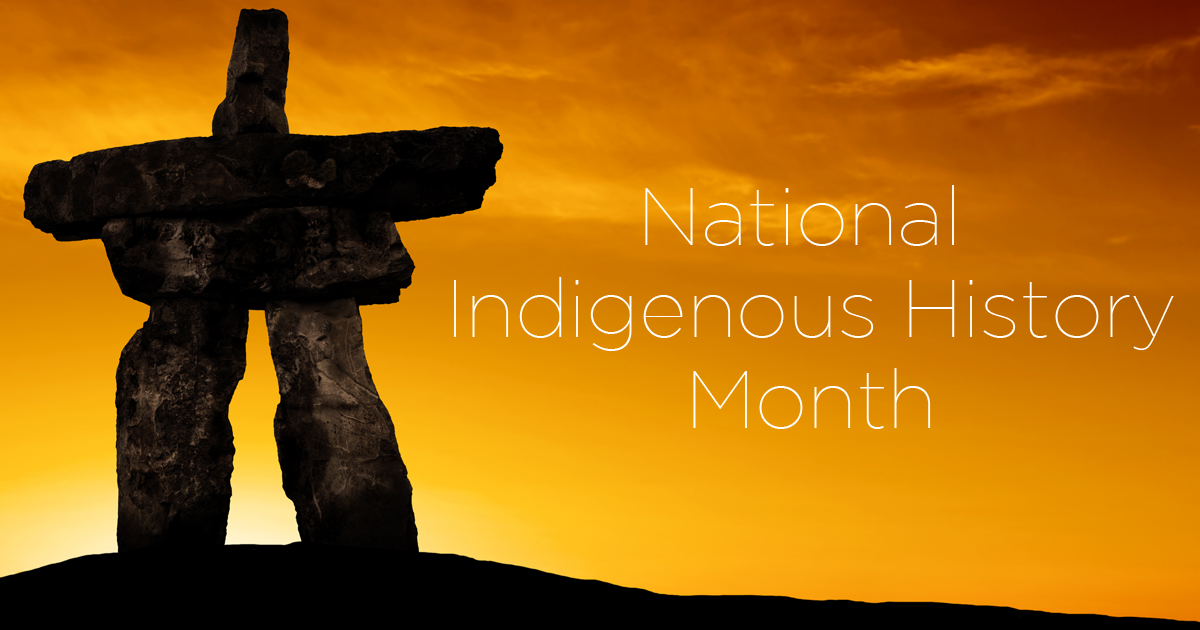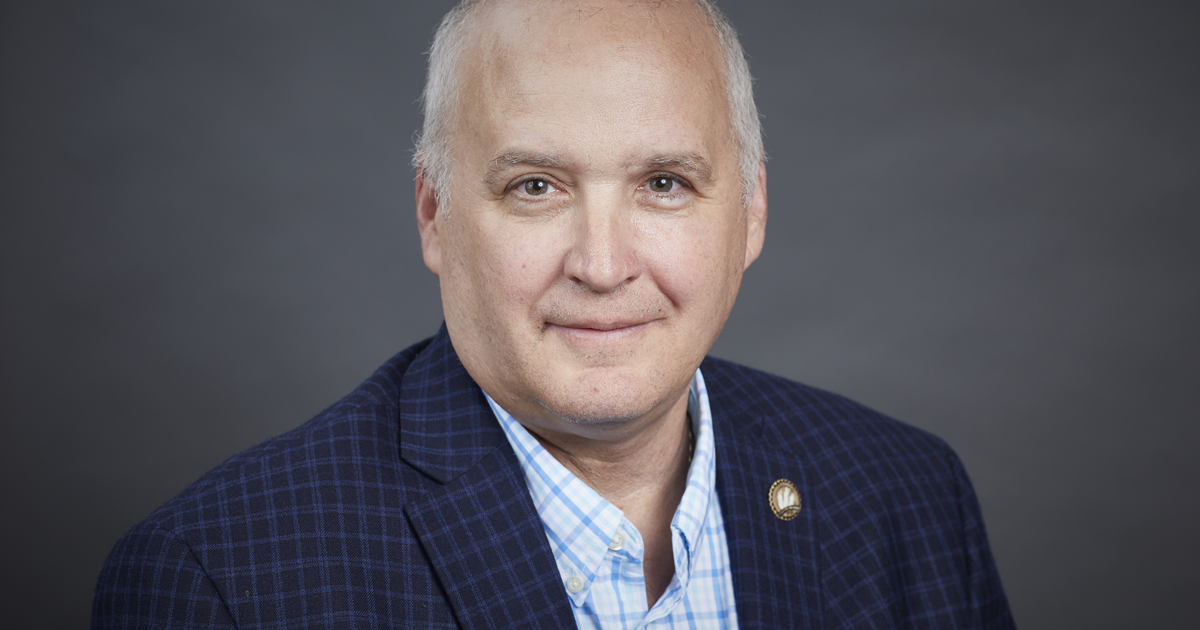
October 16, 2020
PSAC’s legal challenge against Treasury Board’s regressive and discriminatory changes to 699 leave for federal public service workers is set to begin October 19.
In June, PSAC filed a policy grievance after the government tightened its guidelines around when public service workers can use “Other Leave with Pay” (699 leave) to fulfill child care needs during the pandemic.
The new policy fails to recognize that some parents may have to keep their children at home for legitimate reasons despite the availability of schools or child care. For example, some parents may choose to keep their children at home to protect members of their household who suffer from underlying health conditions that make them vulnerable to COVID-19 symptoms.
PSAC will meet with the Federal Public Sector Labour Relations and Employment Board in order to determine the scope of the policy grievance and set dates for the hearing.
PSAC made it clear that the new policy adversely impacts women who continue to bear a disproportionate burden of domestic responsibilities including child care, eldercare and household operations. It could also result in discriminatory outcomes for people with disabilities and people with family obligations, violating both members’ collective agreements and the Canadian Human Rights Act based on family status, sex and disability. The Canadian Human Rights Commission has also notified the Board that it intends on making submissions on this issue.
The proposed policy amendments would result in a patchwork of unfair outcomes for public service workers and give managers too much discretion in applying the policy.
PSAC pushes back against the use of sick leave for COVID-19
PSAC will also be contesting language in the policy that says employees who are experiencing COVID-19 symptoms or who self-isolate would be required to use available sick leave instead of 699 leave if they are unable to work.
This egregious change to the policy is discriminatory to public service workers and flies in the face of sound public health advice. Without the availability of a vaccine, and with many parts of Canada entering a second wave of the pandemic, Treasury Board’s proposed changes are premature and inconsistent with the current public health crisis.
There is also no evidence that employees have abused 699 leave during the pandemic. In fact, the Parliamentary Budget Officer has reported that 699 leave in the federal public service has been used modestly and cost very little. And as departments adapted to working from home, the number of employees forced to use 699 leave dropped by 84 per cent from April to June.
PSAC is committed to ensuring that our members, and in particular, women, caregivers and those with disabilities, continue to have the necessary support and leave with pay they need during the pandemic.

